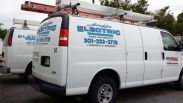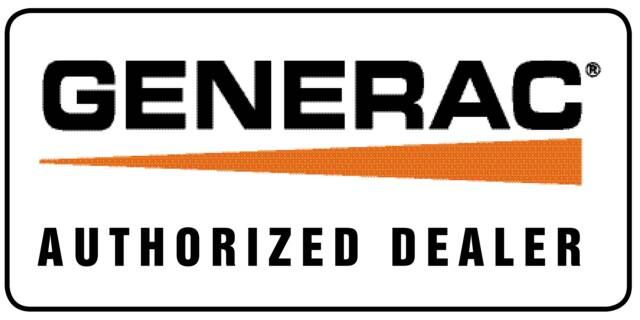Common Home Electrical Code Requirements
Keeping up with your home’s electrical code can be a full-time job, so homeowners are not expected to know the requirements like the back of their hand. That’s what electricians are for. If you’ve done some DIY projects or bought an existing home, it’s a good idea to make sure all the important home electrical codes are followed.
Maryland, Virginia, and Washington, DC have all adopted the National Electrical Code (NEC). Exact requirements can vary at the local level, though.
Here’s what you should know for safety purposes and to ace your next electrical code inspection.
GFCI & AFCI Protection
To be compliant with the National Electrical Code requirements be sure that ground fault circuit interrupters (GFCI) are added to individual outlets or at the breaker switch to protect the entire circuit. Either way, you need GFCI protection in more than just bathrooms and kitchens. Anywhere near plumbing or outdoors needs GFCI. Check your wet bar, laundry room, and other areas to be sure.
Arc fault circuit interrupters (AFCI) protect you from fires and shock related to pinched or frayed cords. The NEC used to require them in bedrooms only, but now you need AFCI in all living areas. Older outlets and breakers are grandfathered in, but you must update if you make any other modifications or additions to the wiring.
Dedicated Circuits
Most large appliances need a dedicated circuit in order to comply with electrical code requirements, meaning no other outlets or appliances are powered by that circuit. This includes kitchen appliances, washers and dryers, HVAC units, sump pumps, garage openers, and space heaters.
Electrical Outlet Requirements
The NEC spells out very clearly where you need electrical outlets, including specific rules like outlets in hallways more than 10 feet long and on foyer walls more than 3 feet wide. The guiding rule is that you shouldn’t need to use long extension cords in your living areas, and outlets should be easily reachable in bathrooms and kitchens. The most critical electrical outlet codes:
- Tamper-resistant outlets for all new construction or upon any modification
- Covered outdoor outlets with a modern bubble cover
- Outlets every 12 feet in most living areas, and on many smaller walls
Service Panel Requirements
Your service panel (the breaker panel or fuse box) is probably in the garage or basement, where it’s prone to getting crowded by appliances or storage junk. You must keep a clear workspace for the service panel. The top breaker switch can’t be more than 6’7” from the floor.
You also need to have correct breaker sizes, wire gauges, and grounding. If your breaker panel looks like it’s been through various replacements and additions over the years, with a jumble of wires added in, you might have a dangerous code violation!
Electrical Code Corrections in MD, DC, & VA
In Maryland, Northern Virginia, and Washington, DC, you can get your electrical code corrections performed by licensed electricians from Jaffe Electric. Whether it’s a small fix or all new wiring, we’ll get it done right for a fair price.
Call 301.253.3778 or contact us today to schedule an estimate with Jaffe Electric!
Do you have an upcoming home electrical inspection, and the thought is making you a bit nervous? Rest easy; we're here to help. Today, we...





